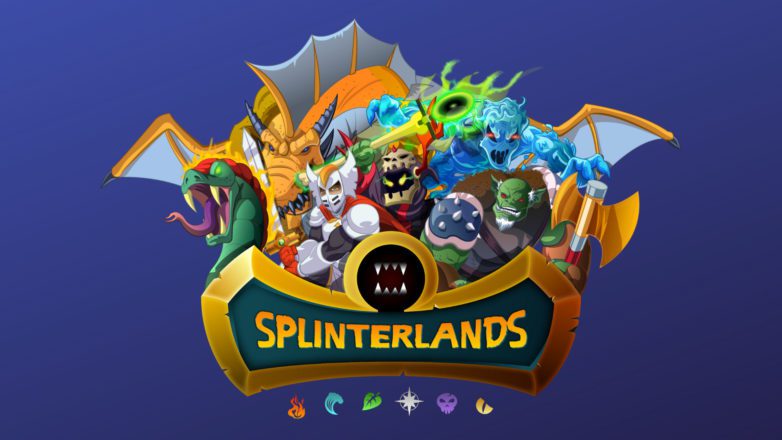Splinterlands to Decentralize Validator Nodes With New License Offering
The mainnet launch of the SPS Validator node software is expected to roll out during the third or fourth quarter of 2022.

Share this article
Splinterlands, one of the most popular Play-to-Earn (P2E) games, has announced that it will be switching over to decentralized Splintershards (SPS) validator nodes. The mainnet launch of the SPS Validator node software is expected to roll out during the third or fourth quarter of 2022.
The Splinterlands Validator Software Will be Fully Open-Source
Enabling anyone to download, install, and run it without any extra costs or restrictions, however, the node licenses will require SPS payment to obtain. It will be initially released as a “docker container” that can be operated on Linux machines, with versions for Windows and MacOS to follow soon. Additionally, running the SPS validator node will only require minimal hardware.
The SPS governance mechanism will use the DPoS (Delegated Proof of Stake) consensus model, similar to other leading networks like Binance Smart Chain, EOS, and Hive. As a result, any account with staked SPS tokens will be eligible for voting for accounts running validator nodes to elect further users or entities responsible for validating all SPS transactions and managing the SPS foundation funds. In essence, the more staked SPS backing a particular validator, the more blocks they will be assigned, and the higher their rewards.
However, in the aforementioned process, only a small number of accounts can obtain the majority of the votes, and therefore the majority of the rewards. To solve this, the Splinterlands team will be offering “licenses,” enabling all users to earn rewards for running nodes without needing to have any staked SPS votes. These SPS licenses can be purchased via a combination of SPS tokens and VOUCHER tokens. Furthermore, 80% of the SPS tokens and 100% of the VOUCHER tokens spent on acquiring node licenses will be burned. The remaining 20% of the SPS tokens will be redirected to the SPS Foundation and will be used to incentivize SPS validator nodes once the 3 billion SPS token cap is reached.
Splinterlands will roll out a total of 60,000 licenses in multiple phases, where the price of licenses will keep increasing after each phase. These licenses will be NFTs (non-fungible tokens) that can be bought, sold, and traded across secondary marketplaces. Additionally, users can utilize multiple SPS licenses with a single SPS validator node. Therefore, even if users purchase multiple licenses, they only need to run the validator software once to earn the rewards for all of their licenses.
Aggroed Reich, CEO of Splinterlands, said:
“This is a major step towards our goal of Splinterlands operating as a completely decentralized game that the players own and control through their SPS.”
Splinterlands is a Play-to-Earn blockchain game that uses digital trading cards. These cards are NFTs with a limited supply. Each player owns NFTs cards that are utilized on the battleground. Players can earn rewards from different play-to-earn activities within the platform. To date, players have played over 2 billion games
Share this article
